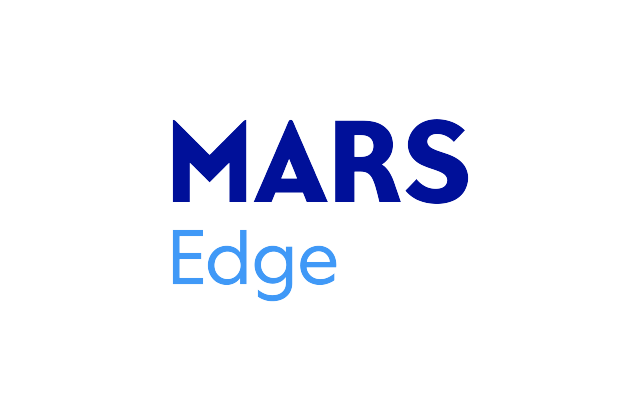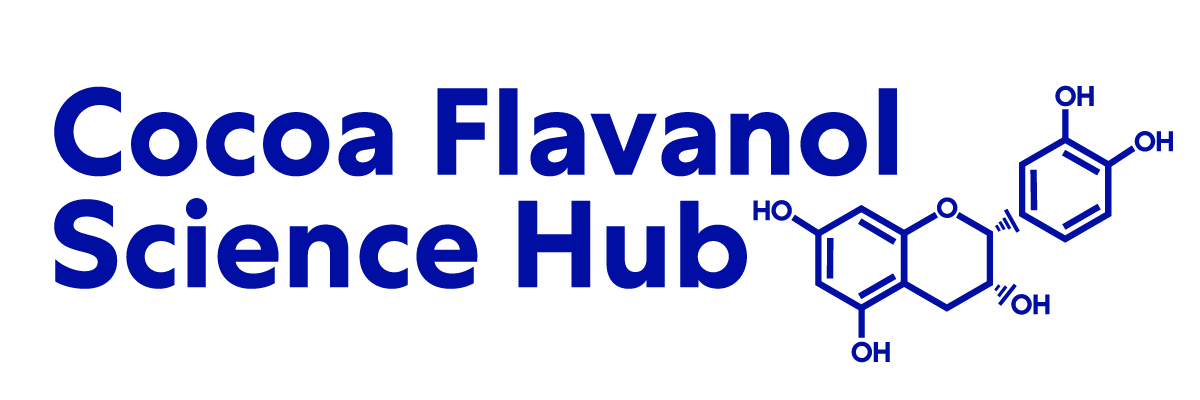Recent Breakthroughs In Cocoa Flavanol Research Discussed By European Research Consortium And Expert Panel
Thursday, January 24, 2013
Leading international experts gather today at the FLAVIOLA International Workshop on Flavanols in Cardiovascular Health in Brussels, Belgium
Brussels, Belgium (January 24, 2013) --- Over 50 leading experts will meet today in Brussels, Belgium, to discuss recent breakthroughs in the field of cocoa flavanol research and the key findings of FLAVIOLA – an EU-funded consortium dedicated to state-of-the-art research into flavanols, their health benefits and potential applications. Members of the FLAVIOLA consortium will be joined by a number of international researchers to review the outcomes of FLAVIOLA’s research and theirpotential implications on cocoa flavanol-based applications and potential dietary recommendations for flavanol intake.
The workshop, entitled FLAVIOLA International Workshop on Flavanols in Cardiovascular Health, will feature presentations on the project outcomes and wider scientific implications, and will conclude with a panel discussion by leading international scientific and medical experts. Workshop proceedings will be developed following the meeting in order to publically communicate the collective views of the FLAVIOLA consortium and experts in the field.
“We now have a strong understanding of flavanols’ cardiovascular and circulatory health benefits and the past few years have seen a number of significant research advances – many of which have been driven by FLAVIOLA scientists,” commented Professor Malte Kelm, FLAVIOLA Scientific Director and Professor and Chairman of the Department of Cardiology, Pulmonary Diseases, Vascular Medicine, and Intensive Care Medicine at Heinrich-Heine University, Dusseldorf. “Thismultidisciplinary research has focused on linking the chemistry of flavanols with their benefits for human health and has deeply improved our understanding of the function, delivery and potential health applications of these unique and fascinatingcompounds.”
FLAVIOLA leverages the latest innovations in chemistry, cardiovascular function analysis, food processing technology, and analytics to drive forward investigations into the biological action of flavanols and apply this knowledge in the development of evidence-based dietary recommendations and innovative products. Specifically, FLAVIOLA focuses on providing new insights in four key areas - the analysis of flavanols, flavanol consumption, the impact of flavanols in healthy people, and the potential mechanisms of action of flavanols.
Recent research by FLAVIOLA scientists has shed new light on the types and amounts of flavanols in cocoa, as well as the impact of food processing and manufacturing on the flavanol content of certain food products. New findings have also advanced understanding of what happens to flavanols in the human body following consumption, and provided insights into the mechanisms of action that underlie the biological effects of this phytonutrient. FLAVIOLA researchers have also compiled a comprehensive database of the amounts and types of flavanols consumed in 14 countries across the European Union. This will enable better interpretation of dietary intervention studies and clearer associations between flavanol consumption and health and disease.
“By advancing our knowledge of the health benefits, function and delivery of flavanols, FLAVIOLA has the potential to have a far-reaching impact on publichealth,” said Professor Marc Merx, FLAVIOLA Coordinator and Professor at theDepartment of Cardiology, Pulmonary Diseases, Vascular Medicine, and Intensive Care Medicine, Heinrich-Heine University, Dusseldorf. “The breadth and quality ofthe research undertaken by FLAVIOLA would not have been possible without thediverse partners from across Europe that were brought together for this project.”
Funded under the seventh framework programme of the European Commission, FLAVIOLA brings together the expertise and unique skill set of food scientists, nutritionists, biochemists, molecular biologists, cardiovascular physicians, and epidemiologists. The multidisciplinary team involves researchers from eight partners from academia, industry and government organisations, including Heinrich-Heine University (Germany), Mars, Incorporated (Belgium), University of Reading (UK), Maastricht University (Netherlands), INRA French National Institute for Agricultural Research (France), Karolinska Institutet (Sweden), Ghent University (Belgium) and SciProm (Switzerland).
For more information about FLAVIOLA and the FLAVIOLA International Workshop on Flavanols in Cardiovascular Health, please visit: www.flaviola.org
About FLAVIOLA
FLAVIOLA is a pan-European research project, funded under the Seventh Framework Programme (FP7) of the European Commission. The project aims to provide crucial insights into the nutritional and biomedical properties of flavanols ranging from the cellular level to their impact on the population at large.FLAVIOLA’s vision is that through collaborative and cutting-edge research, it will lay the foundation for the development of evidence-based dietary recommendations and innovative food products that harness the benefits of flavanols for cardiovascular health.
About flavanols
Flavanols are a group of naturally-occurring compounds found in cocoa beans, grapes, tea leaves and various fruits and vegetables. A significant body of published research has shown that consumption of flavanols can improve the performance of the circulatory system and may help support cardiovascular health. The FLAVIOLA project is committed to using the latest techniques to further understand these benefits and explore the biological action of flavanols at the organism, organ, cellular and sub-cellular level.








